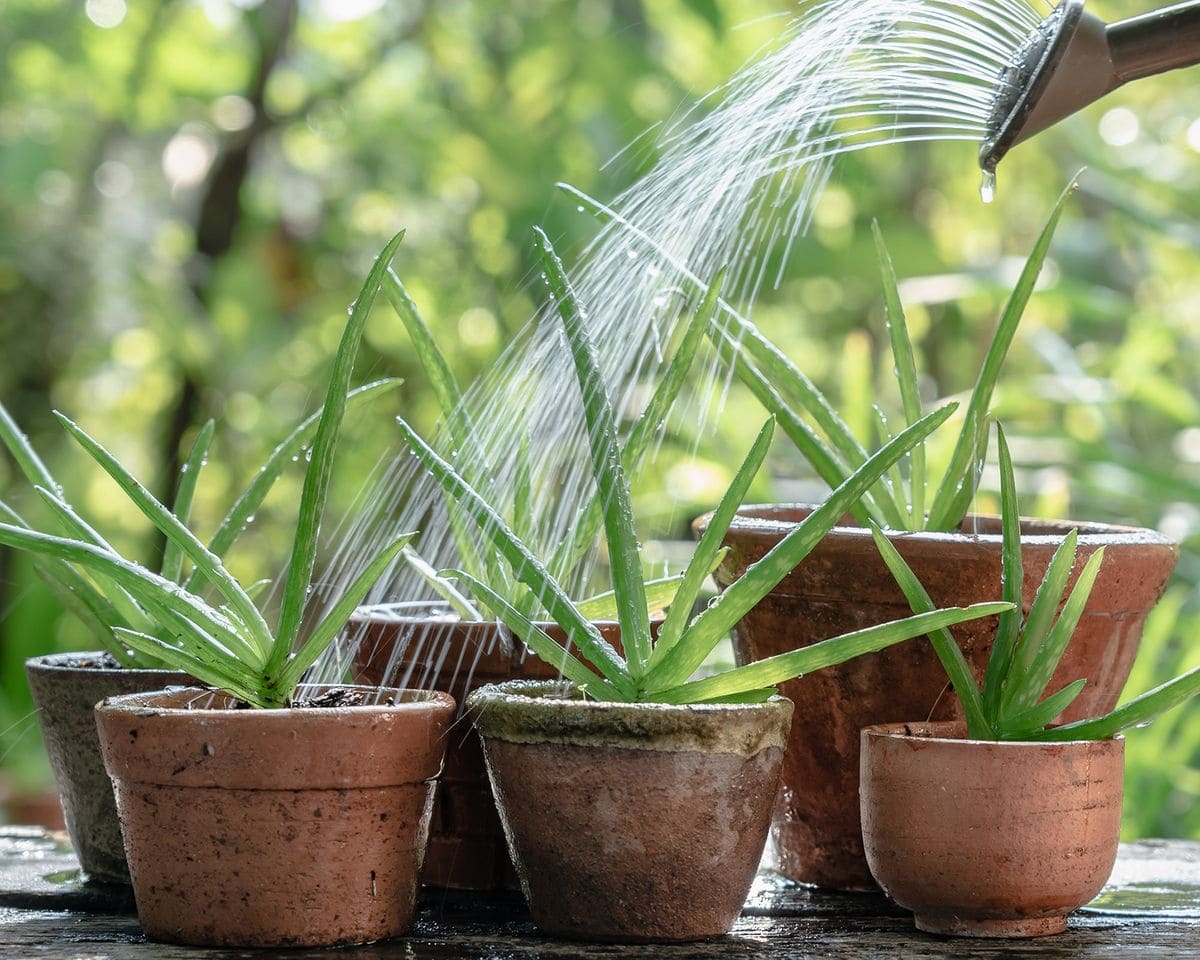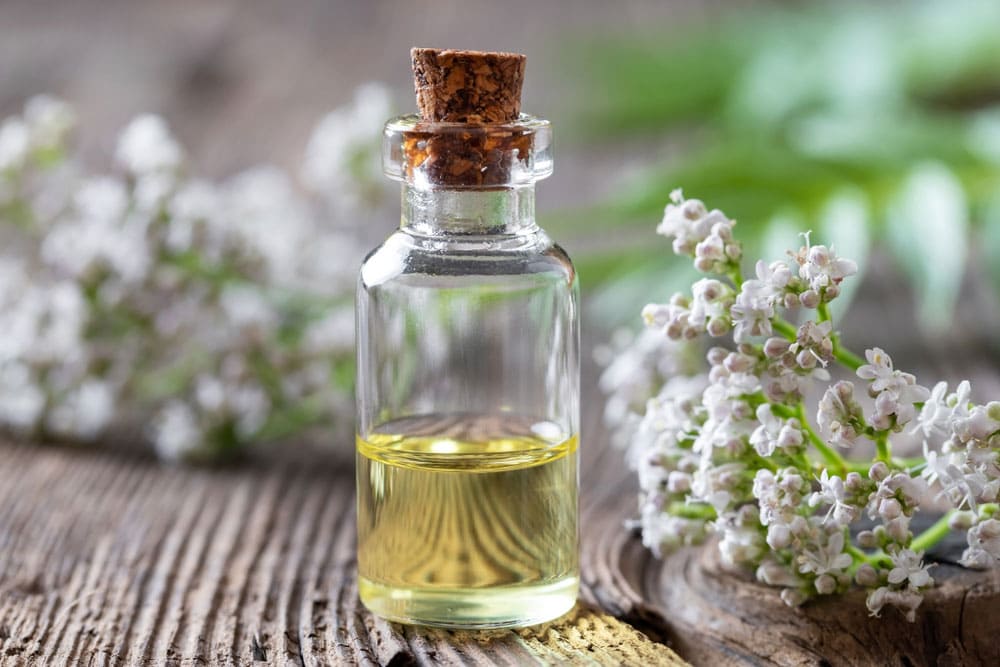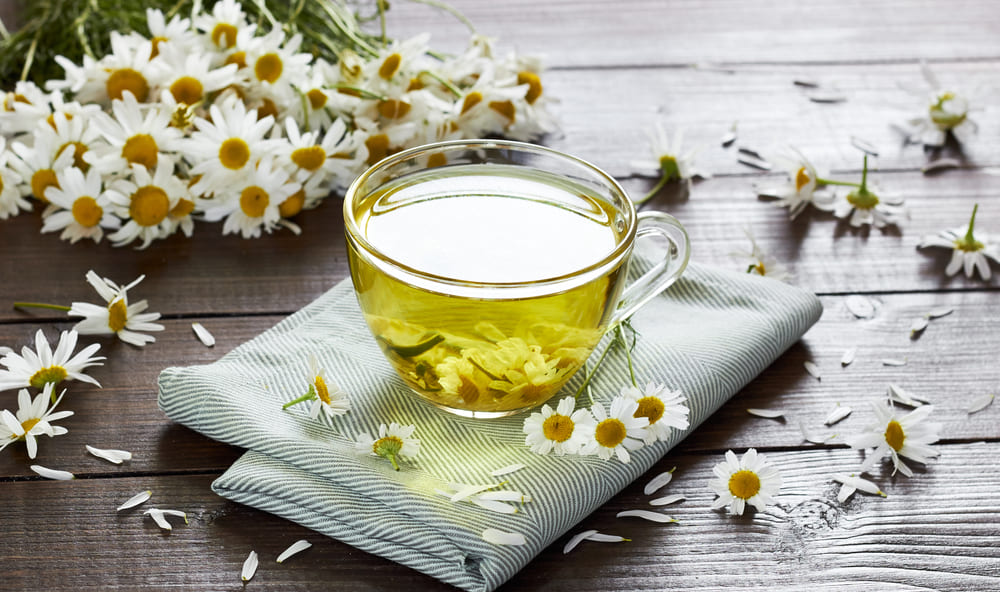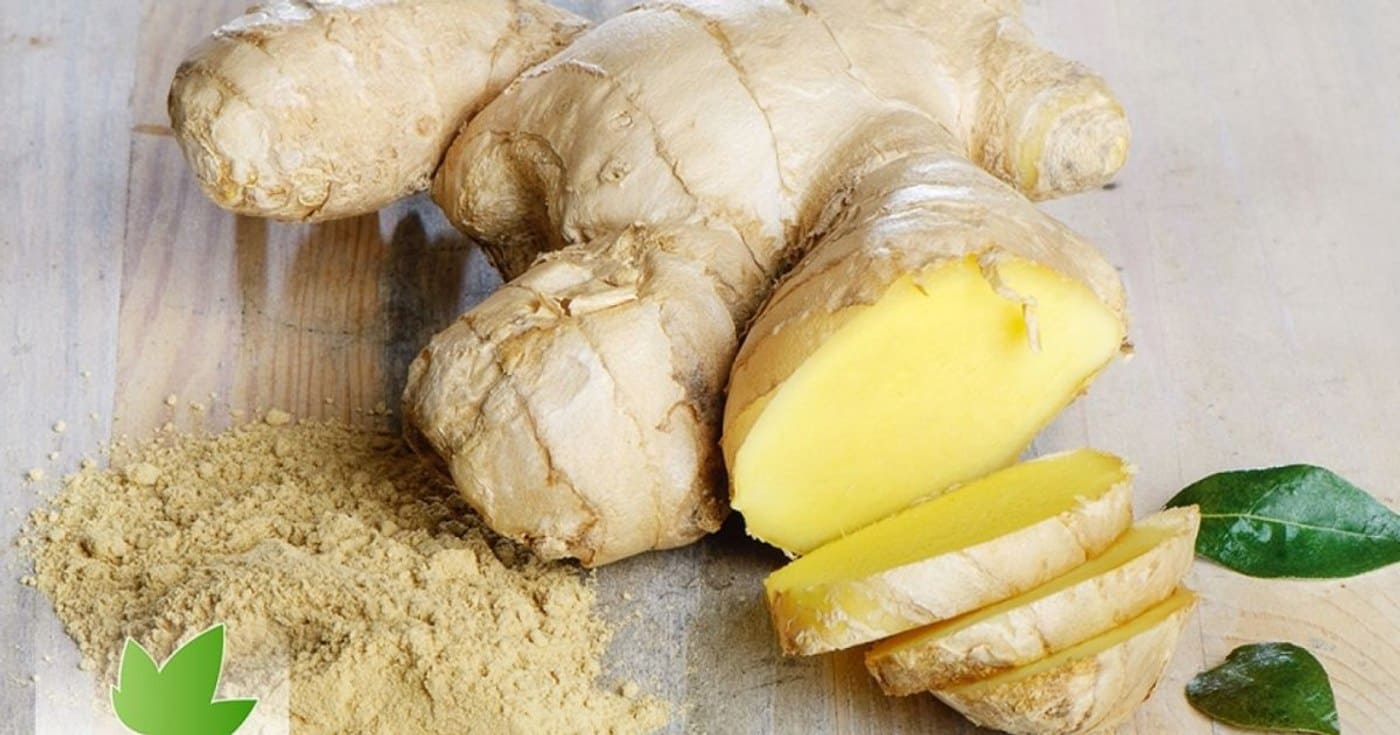Calendula (Marigold)
Treatment of Dermatitis
A study published in the Journal of Clinical and Aesthetic Dermatology showed that ointments with calendula extract can significantly reduce symptoms of dermatitis, including redness, itching, and inflammation. Calendula has anti-inflammatory and antimicrobial properties that help soothe irritated skin. Regular use of calendula-based products can provide relief to those suffering from dermatitis, improving the overall condition of the skin.
Wound Healing
Research from the University of Medicine in Belgrade has shown that calendula extracts can accelerate the healing of wounds and cuts. Calendula stimulates collagen production and promotes the regeneration of skin tissue, contributing to faster healing and reduced scarring. This makes calendula a valuable ingredient in creams and ointments intended for the treatment of superficial wounds.
Natural Benefits of Calendula
- Anti-inflammatory properties: Reduce inflammation and calm skin irritations.
- Antimicrobial properties: Fight bacteria and infections, preventing complications.
- Stimulation of collagen production: Helps regenerate skin and reduce scars.
- Promotion of wound healing: Accelerates the healing process and improves the quality of newly formed skin.
Natural Uses of Calendula
- Treatments for dermatitis and other inflammatory skin conditions.
- Creams and ointments for wound healing and scar reduction.
- Skin care products for soothing irritations and improving overall skin health.
Natural Application Methods
- Ointment: Applying an ointment with calendula extract to the affected area can reduce dermatitis symptoms and accelerate wound healing.
- Creams: Using calendula creams for daily skin care helps maintain skin health and prevent irritations.
- Compress: Applying a compress with calendula extract to wounds or cuts can provide immediate relief and promote healing.
Calendula, also known as marigold, is a valuable plant in both traditional and modern medicine due to its numerous natural benefits for skin health. Studies and research support the use of calendula as an effective treatment for various skin conditions, making it a popular choice in skin care products and dermatological treatments. This natural approach emphasizes the healing power of plants and their essential role in maintaining health and balance in our lives.








